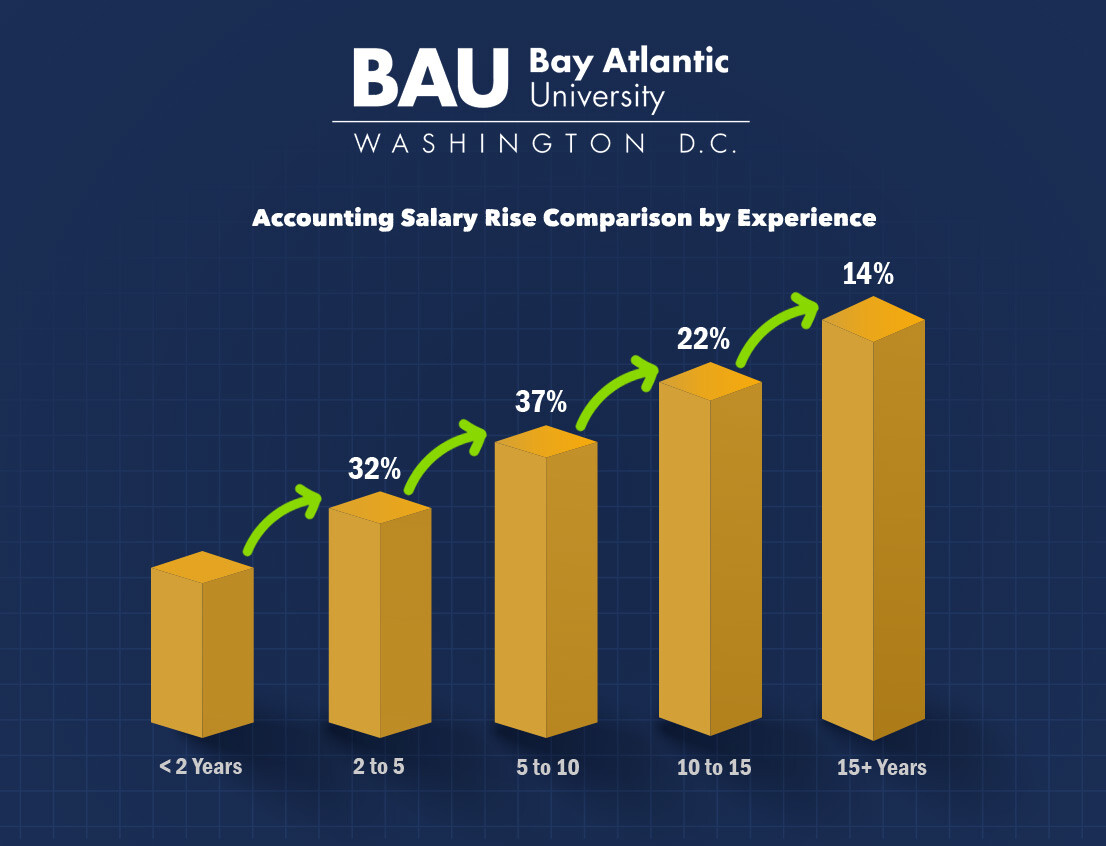Are you having a hard time distinguishing an MBA degree from a DBA degree? It can be confusing, and they may seem very similar, yet there are some significant differences between them. In this article, we’ll start with a simple explanation of what each degree entails. Then further, we’ll assess their key differences.
What Is an MBA Degree?

Students in an MBA (Master of Business Administration) degree program learn about business trends and theories by reading existing journal articles and textbooks. This way, they become familiar with new subjects and strategies, including diversity management, globalization, technology, and forecasting. Students are challenged with complex real-world problems and become experts ready to lead organizations and teams.
MBA programs can offer various concentrations that allow students to gain expertise in a specific business aspect such as Entrepreneurship, Global Affairs, Economics and Finance, etc. MBA specializations tend to help graduates stand out to potential employees.
Is an MBA a terminal degree?
A terminal degree is generally considered the highest degree one can earn in a given field. Doctorate degrees can be terminal degrees; however, not all of them are. Even though there are doctorate degrees in business, the MBA is typically considered a terminal degree in business administration.
What Is a DBA Degree?

Students of a DBA (Doctor of Business Administration) degree program get to critique publications and journals and expand their knowledge of discipline by carrying out their own research. This way, students acquire real-world, business-oriented critical thinking, and problem-solving skills.
Even though students of a DBA program most likely already work in the industry, this degree offers graduates opportunities to work in various industries due to its flexibility, including teaching as adjunct professors.
Can you get a DBA without an MBA?
Usually, an MBA and professional experience are often a requirement for taking a DBA course. However, academic prerequisites can be flexible; therefore, you may be admitted without an MBA (or other Masters) but with real-life experience.
MBA vs. DBA: Key Differences

The primary distinction between the two is that an MBA is a general management overview degree, while a DBA is a more specific degree.
A DBA informs and provides you with specialized, real-world skill sets, such as researching issues and presenting problem-solving methods related to a single area of interest. Whereas an MBA is standard, but it’s also purposefully designed to give a managerial overview.
If we compare a DBA program with an MBA one, the prior relies more on independent study. MBA degrees are usually sought after by ambitious business professionals seeking to advance their careers by understanding and applying existing business theories. On the other hand, a DBA degree enables established professionals to expand their careers by developing and applying their new ideas and practices.
Despite their differences, both MBA and DBA degrees qualify students for managerial and leadership roles when it comes to job opportunities. However, professionals who earn a DBA can expect executive positions and leadership roles in academia and research.
MBA vs. DBA Degree Salary
As mentioned above, MBA and DBA graduates usually fill executive and managerial roles, which earn relatively six-figure median salaries. Both degrees open doors to high-level positions, although the rank and responsibilities may differ.
MBA salary
MBA salaries are known to be of the highest on the job market. Depending on the job and company, salaries can range from five to six figures. Some C-Suite positions can even go up to $300,000 and start at around $74,000 per year.
✅ Request information on BAU's programs TODAY!
Some of the highest-paying jobs you can get with an MBA degree include:
- Chief Executive Officer (CEO)
- Chief Financial Officer (CFO)
- Chief Operating Officer (COO)
- Financial Analyst
- Operations Manager
- Project Manager
DBA salary
Similar to the salaries that await MBA graduates, DBA salaries also fall in the above-average category. Professionals with such degrees can work in similar positions (even the same ones, in most cases), which puts the median salary in the same category for both.
However, when it comes to accounting degrees, within which DBA falls, years of experience can make an even bigger impact on how much you earn. Below we’ll illustrate how experience increases median salaries.

Given these differences between the two, a DBA is sought-after by professionals who want to challenge themselves outside of their successful careers. Comparably, an MBA is suitable for business experts who wish to develop their careers further or want to start their own business.










